Free CPD seminars South
Keep up to date on the latest topics through our free seminars, discussions and workshops presented by industry experts.
CPD ACCREDITED seminars
EXPERT speakers
KEEP UP TO DATE WITH THE LATEST TOPICS
Network with professionals
Seminar programme
Seminar sessions running concurrently
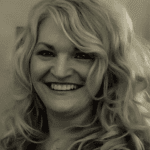
Room 1
10:00 am
Risky Business – The benefits of positive risk taking
Aurndra Marshall-Clarke, Occupational Therapist
Disabled Living
Risk is a necessary and important part of life for all of us, but for professionals and carers there is a strong emphasis on managing risk and protecting our clients from harm. There may be a potential to be over cautious which can result in limiting an individual’s choices, quality of life, experiences and development. Although there can be challenges with positive risk-taking, taking well-calculated, managed risks can lead to enjoyable experiences for our clients and help them retain their independence as much as possible. Positive risk management does not mean trying to eliminate risk. It means managing risks to maximise people’s choice and control over their lives.
Learning outcomes:
To understand why positive risk taking is important as a means to enable cared for individuals to have a more fulfilling life.
To understand how to balance positive risk taking while providing safe care to the individual.
To be confident in recording supported decision making.
Aurndra has over 36 years of experience working across a wide variety of settings in NHS, Social Care, forensics and private sector, is an industry expert speaker at many conferences, is a contributor to academic papers and text books on specialist subjects, and has had a number of research papers published.

Room 2
10:00 am
Transition to adult services for young people with complex neurodisabilities
Paula Marten, Assistant Headteacher
Chailey Heritage Foundation
Leaving a special school is a frightening prospect for many young people and their families. Transition to Adult Services for those with complex neurodisabilities demands a great deal of support from carers and professionals to help young people, their parents, and carers during this time. This presentation will explain the challenges facing families, what defines successful transition and what Chailey Heritage Foundation does currently to try and achieve this. It will also talk about the future and what we need to make happen.
The experience Paula has gained at Chailey Heritage Foundation in recent years working with families throughout the transition process will be of value and interest to others who are facing the same experience – either as a parent, carer, family member, or professional. The presentation will also reference current APPG work and legislation on the topic.
Paula has 26 years’ SEND teaching and 18 years in SEND management, M.ed SEN/Inclusion.

Room 1
11:00 am
Understanding the sensory challenges for successful toilet training
Davina Richardson – RGN/RSCN, BSc (Hons)
Children’s Specialist Nurse
Bladder & Bowel UK
Developing the skills for toileting is important for all children, but is often more difficult for those with additional needs.
Understanding around how to best support children develop the required skills has increased, as has awareness of how sensory issues impact toileting. This seminar will discuss the role of the senses in learning the skills to use the toilet and offer suggestions for techniques to support children with sensory issues or differences achieve their potential to be clean and dry. The seminar is relevant for families and professionals supporting children with sensory issues including due to autism or developmental differences.
Davina is a specialist nurse with 17 years’ experience working with children with bladder and bowel issues, and experience working with children with additional needs.
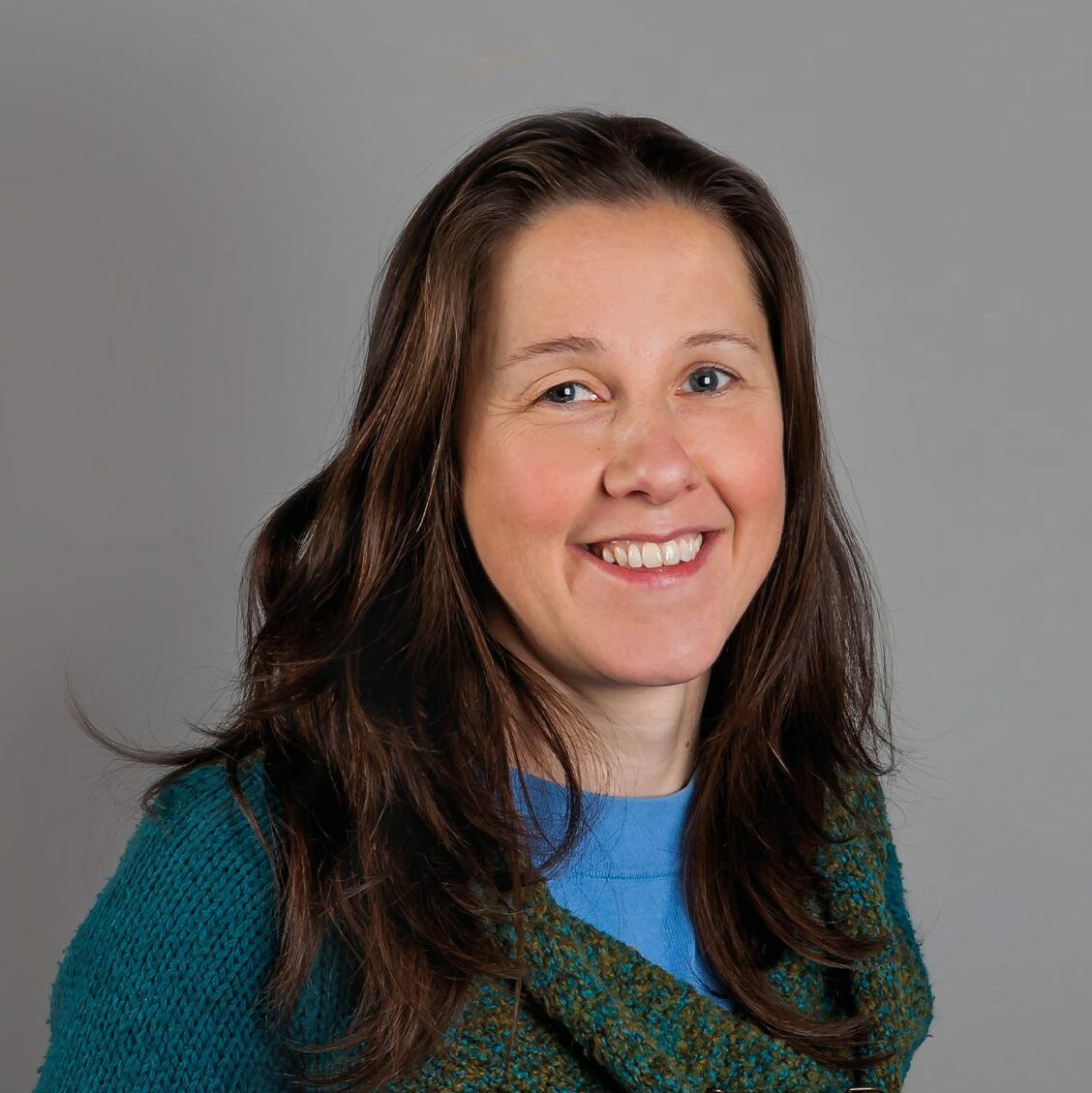
Room 2
11:00 am
All things supportive seating: Moving beyond 90/90 sitting to a user-centered solution
Dr Laura Finney, Clinical Director
Leckey
Supportive seating is probably the most widely used piece of therapy equipment in a child’s 24-hour postural management plan, wielding significant influence over health and posture.
Thanks to advancements in therapy techniques, technical innovations and a user-centered design approach, there has been a notable shift in the equipment provided in recent years. Previously there was an emphasis on achieving a specific ‘optimal’ posture with the hips and knees flexed to 90 degrees. However, there is now a growing recognition that the child’s age, developmental stage, task, ability and environment all play crucial roles in both shaping and being shaped by the support provided leading to a more nuanced approach to supportive seating.
This engaging seminar will delve into the transformative potential of supportive seating, offering practical insights into developing personalised seating plans tht safeguard health and maximise function as children grow and develop. Laura has 20 years in paediatric equipment and therapy
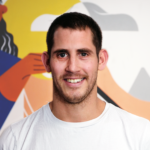
Room 1
12:00 pm
Supporting the mental health of individuals with multiple communication needs
Jay Tuck, Assistive Technology Specialist
Smartbox
Recent research indicates that the rate of mental health issues is much higher among those with complex communication needs (Watson, Reghavendra, & Crocker, 2021). This group are more likely to experience abuse, stress, anxiety, and ableism, which can contribute significantly to mental health issues.
This talk will cover ways we can best support and safeguard people who use Augmentative and Alternative Communication (AAC), so that they have access to and understand how and when to use language to discuss their mental health and wellness.
Learning objectives:
Discover vocabulary that can help AAC users engage in fruitful communication with others about their mental state and engage in self-talk.
Learn about tools to support AAC users to build and maintain relationships. For example, ways to access online discussions or social media, send emails and make calls with their device, and maintain conversations with peers.
Understand how the absence of mental health vocabulary may result in AAC users being under-identified with mental health conditions and subsequently deprived of access to important supports and therapy.
Jay has worked in AAC/AT for 16 years and worked for Smartbox for 7 years, specialising in assistive technology, environment control, and personalising content for people who use AAC.

Room 2
12:00 pm
Risk Assessment Responsibility
Adam Ferry, Director
The OT Service
This seminar will discuss the responsibilities around risk assessment when prescribing necessary equipment and what the role of the suppling therapist is, considering client need, the working environment and our professional duties.
Learning outcomes:
Understanding the need for a comprehensive risk assessment.
Review and be aware of our professional responsibilities.
Be able to clearly identify the process of risk assessment.
This presentation is suitable for carers and professionals.
Graduating in 2007 with an Occupational Therapy BSc, Adam worked in the NHS until 2018 and left to work full-time in the private sector as a director of The OT Service, although there was a two – year period when these roles overlapped.Whist in the NHS Adam worked in a range of clinical areas but predominantly emergency care, then neurological rehabilitation as a senior therapist. In the final 3 years of NHS employment Adam managed acute and rehabilitation services across four sites.

Room 1
1:30 pm
An audience with the Whizz Kidz Board
Sarah Pugh, Chief Executive
Rebecca Clarke, Vice Chair
Whizz Kidz
Kidz Board are a group of young wheelchair users representing Whizz Kidz around the country. Each one has their own experience of being a wheelchair user including going to university, navigating transition from education to employment, barriers to education and the equipment they have received.
Through a Q&A session of up to half an hour (to include Q&A from the audience), Kidz Board will share their experiences and the work they are doing to help other young wheelchair users around the country.
Our Kidz Board Vice Chair, Rebecca Clarke, will host the event in the South, with others being delivered by the Whizz Kidz regional Kidz Board representative. Kidz Board will link this back to the key skills and equipment that they have found supported them on the journey (whether this is through Whizz Kidz or other organisations).
The session will run as Q&A between Sarah Pugh (Chief Executive) and Rebecca.
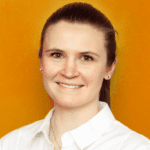
Room 2
1:30 pm
Stand with me: Beginning the supported standing journey with physically disabled children and their carers
Kayleah Cooper, National Clinical Training Manager
Jiraffe
This seminar will discuss the importance of standing as part of paediatric development and as part of a typical postural care programme. It will show how supported standing is more than simply ‘standing’ – it can encourage play, family interaction, physical development, and development of cognitive skills amongst many other benefits.
Objectives and learning:
Overview of typical paediatric gross motor development in the first 2 years of life.
Overview of early neuroplasticity and early years physical development as important considerations for standing frame prescription.
Understanding negative effects of sedentary behaviour and lack of weight-bearing, and potential benefits of standing.
Acknowledging and understanding that standing may not always start ‘early’ or ‘on time’ for the children we support for a variety of reasons.
Overview of standing frame options and reasons for prescription.
Understanding the importance of carer and MDT collaboration.
Discussing the importance of child-centred communication for successful prescription.
Utilising these principles for individual, holistic, child-centred care.
Kayleah is a Physiotherapy BSc (Hons) with over ten years experience in Postural Management.

Room 1
2:30 pm
Understanding the functions of behaviours that challenge and how to increase positive outcomes for autistic learners
Rachael Hlomador,
Outreach Consultant,
BeyondAutism
Rachel has worked with Beyond Autism for 7+ years, has a BA in Psychology with a focus on Child Development.
Join BeyondAutism for an insightful seminar that dives into behaviours that challenge, their underlying functions, and actionable strategies for fostering positive outcomes.
Discover how to utilize the ABCs of behaviour, understand the behaviour cycle, and assess environmental impacts to effectively collect data and create proactive, person-centred plans.
These plans prioritize individual interests, needs, goals, and strengths while emphasizing collaborative communication.
You will leave our talk equipped to create more inclusive environments and better support autistic learners whether at home or in an educational setting.

Room 2
2:30 pm
SEND and EHCPs – Know Your Rights
Esther Salte, Associate Solicitor
Lauren Haines, Solicitor
Irwin Mitchell LLP
We will take parents through:
An overview of the Annual Review process and providing tips and tricks on the appropriate content of a review and how to ensure they are legally compliant.
How to identify when you have a final EHCP with the right of appeal and how to secure amendments.
How to get and specify 1:1 TA time in an EHCP.
What you can do when your child is not receiving their EHCP provision.
The difference between home school and EOTAS (Education Otherwise than at School).
By the end of the session, parents should be empowered to ensure Local Authorities adhere to the Annual Review timetable and how and when to use the Annual Review process.
Parents will know more about what a specified EHCP should look like, how to enforce missing provision.
Parents will have clearer understanding of the difference between home school and EOTAS.
Esther is an experienced Solicitors with 14 years PQE and 3 years PQE respectively.
